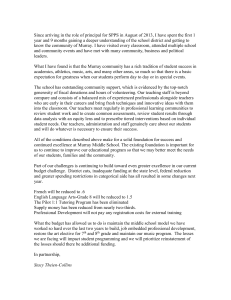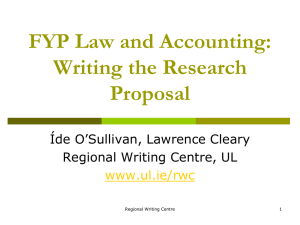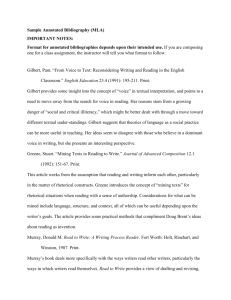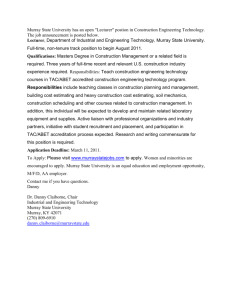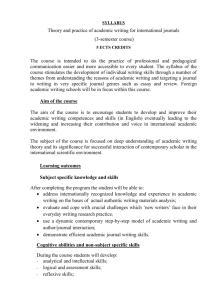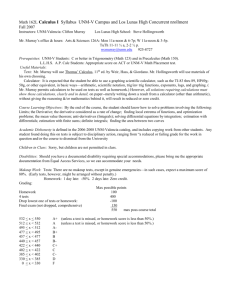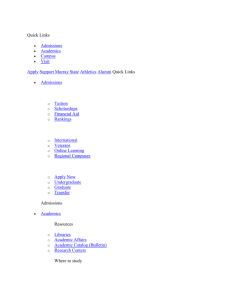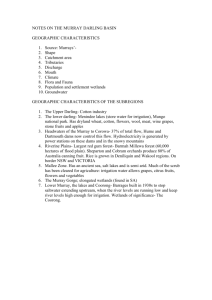Berkenkotter and Murray
advertisement
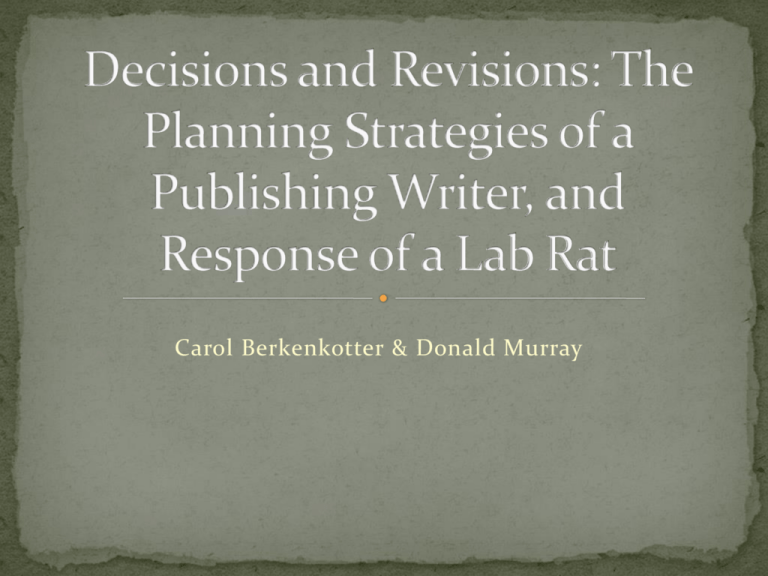
Carol Berkenkotter & Donald Murray Donald Murray, author of Finding Voice in Age of Dissent (1969) [change in voice? Different Murray?] 4 Responsibilities of Teachers and Students Berkenkotter: Professor U of Minnesota (Biosciences, medicine, specifically psychiatry); qualitative methods Observation to medical writing (career arch) Criticism of process/post-process scholarship begins late 90s. Main critique, not reducible, teachable acts of writing—interconnected, complex ‘process’ that prewriting, writing, rewriting does not account for. Supportive of Emig: “essay points to the need to examine critically effects of these practices” (156) Observing writers in context vs. “context stripping” (156) Natural setting, “thinking-aloud protocols w/writer’s introspective accounts” (157) Emig & others observe more inexperienced; Berkenkotter professional writer Write 10 questions for an interview with someone in the class about their writing process. Aspects/areas/themes to consider (1-5): Audience (consideration of) Genre (kind of writing spend the most time on) Setting Time for Prewriting, Writing, Editing, Revision Discussion with classmates/roommates/friends/tutors Interview one another Save discussion of similarities until after interviews Discussion in partners: how are your processes similar, how do they differ? What is the limitation of an interview methodology? Does the setting of this interview matter? What kinds of questions came up, but you didn’t think to ask? As person answering interview questions, do you feel pressure to exaggerate to give interviewer what they want to hear? How would you change the methods for researching the process of your partner to increase accuracy? How can writers habits affect ability to observe? How can writers habits affect ability to observe? Why does setting matter so much for Murray? Others? How can writers habits affect ability to observe? Why does setting matter so much for Murray? Others? Does “eight drafts” for “revision of one of the articles” sound excessive or fitting for professional (159)? Does Planning, Evaluating, Revising, Editing sum up writing process (160)? Too narrow/broad terms? Should writing skills “be defined as the ability to respond to them” (160)? How important are “rhetorical goals, i.e., (planning how to reach an audience)” for the effectiveness of writing (161)? How important are “rhetorical goals, i.e., (planning how to reach an audience)” for the effectiveness of writing (161)? Writing online, do we have to shape writing for expectations of audiences? (lists, memes, videos, links, images, graphs, statistics, embedded tech) How important are “rhetorical goals, i.e., (planning how to reach an audience)” for the effectiveness of writing (161)? Writing online, do we have to shape writing for expectations of audiences? (lists, memes, videos, links, images, graphs, statistics, embedded tech) Why does Murray work so hard “to keep his audience [for a journal article] in mind” (164)? How important are “rhetorical goals, i.e., (planning how to reach an audience)” for the effectiveness of writing (161)? Writing online, do we have to shape writing for expectations of audiences? (lists, memes, videos, links, images, graphs, statistics, embedded tech) Why does Murray work so hard “to keep his audience [for a journal article] in mind” (164)? Why is Murray surprised that he keeps his audience in mind (171)?
